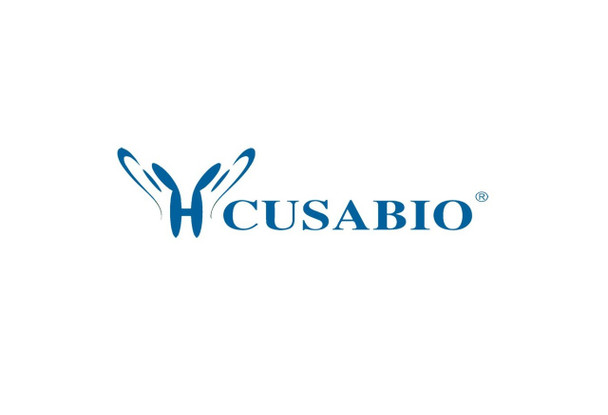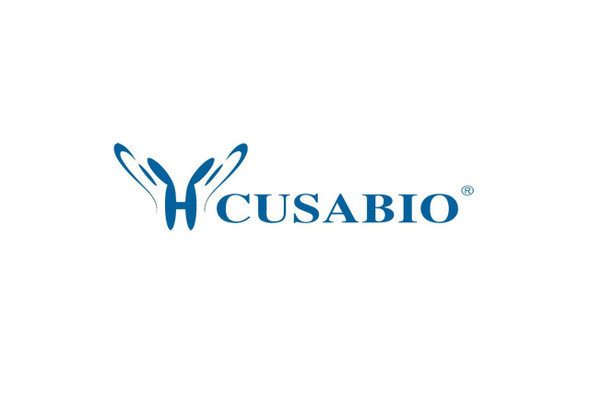Cusabio Human Recombinants
Recombinant Human Optineurin (OPTN) | CSB-BP016363HU
- SKU:
- CSB-BP016363HU
- Availability:
- 3 - 7 Working Days
Description
Recombinant Human Optineurin (OPTN) | CSB-BP016363HU | Cusabio
Alternative Name(s): E3-14.7K-interacting protein FIP-2 Huntingtin yeast partner L Huntingtin-interacting protein 7
Gene Names: OPTN
Research Areas: Immunology
Organism: Homo sapiens (Human)
AA Sequence: MSHQPLSCLTEKEDSPSESTGNGPPHLAHPNLDTFTPEELLQQMKELLTENHQLKEAMKLNNQAMKGRFEELSAWTEKQKEERQFFEIQSKEAKERLMALSHENEKLKEELGKLKGKSERSSEDPTDDSRLPRAEAEQEKDQLRTQVVRLQAEKADLLGIVSELQLKLNSSGSSEDSFVEIRMAEGEAEGSVKEIKHSPGPTRTVSTGTALSKYRSRSADGAKNYFEHEELTVSQLLLCLREGNQKVERLEVALKEAKERVSDFEKKTSNRSEIETQTEGSTEKENDEEKGPETVGSEVEALNLQVTSLFKELQEAHTKLSKAELMKKRLQEKCQALERKNSAIPSELNEKQELVYTNKKLELQVESMLSEIKMEQAKTEDEKSKLTVLQMTHNKLLQEHNNALKTIEELTRKESEKVDRAVLKELSEKLELAEKALASKQLQMDEMKQTIAKQEEDLETMTILRAQMEVYCSDFHAERAAREKIHEEKEQLALQLAVLLKENDAFEDGGRQSLMEMQSRHGARTSDSDQQAYLVQRGAEDRDWRQQRNIPIHSCPKCGEVLPDIDTLQIHVMDCII
Source: Baculovirus
Tag Info: C-terminal 9xHis-tagged
Expression Region: 1-577aa
Sequence Info: Full Length
MW: 67.9 kDa
Purity: Greater than 90% as determined by SDS-PAGE.
Relevance: Plays an important role in the maintenance of the Golgi complex, in membrane trafficking, in exocytosis, through its interaction with myosin VI and Rab8. Links myosin VI to the Golgi complex and plays an important role in Golgi ribbon formation. Negatively regulates the induction of IFNB in response to RNA virus infection. Plays a neuroprotective role in the eye and optic nerve. Probably part of the TNF-alpha signaling pathway that can shift the equilibrium toward induction of cell death. May act by regulating membrane trafficking and cellular morphogenesis via a complex that contains Rab8 and hungtingtin (HD). Mediates the interaction of Rab8 with the probable GTPase-activating protein TBC1D17 during Rab8-mediated endocytic trafficking, such as of transferrin receptor (TFRC/TfR); regulates Rab8 recruitnment to tubules emanating from the endocytic recycling compartment. Autophagy receptor that interacts directly with both the cargo to become degraded and an autophagy modifier of the MAP1 LC3 family; targets ubiquitin-coated bacteria (xenophagy), such as cytoplasmic Salmonella enterica, and appears to function in the same pathway as SQSTM1 and CALCOCO2/NDP52. May constitute a cellular target for adenovirus E3 14.7, an inhibitor of TNF-alpha functions, thereby affecting cell death.
Reference: "Interaction of an adenovirus E3 14.7-kilodalton protein with a novel tumor necrosis factor alpha-inducible cellular protein containing leucine zipper domains." Li Y., Kang J., Horwitz M.S. Mol. Cell. Biol. 18:1601-1610(1998)
Storage: The shelf life is related to many factors, storage state, buffer ingredients, storage temperature and the stability of the protein itself. Generally, the shelf life of liquid form is 6 months at -20?/-80?. The shelf life of lyophilized form is 12 months at -20?/-80?.
Notes: Repeated freezing and thawing is not recommended. Store working aliquots at 4? for up to one week.
Function: Plays an important role in the maintenance of the Golgi complex, in membrane trafficking, in exocytosis, through its interaction with myosin VI and Rab8
Involvement in disease: Glaucoma 1, open angle, E (GLC1E); Glaucoma, normal pressure (NPG); Amyotrophic lateral sclerosis 12 (ALS12)
Subcellular Location: Cytoplasm, perinuclear region, Golgi apparatus, Golgi apparatus, trans-Golgi network, Cytoplasmic vesicle, autophagosome, Cytoplasmic vesicle, Recycling endosome
Protein Families:
Tissue Specificity: Present in aqueous humor of the eye (at protein level). Highly expressed in trabecular meshwork. Expressed nonpigmented ciliary epithelium, retina, brain, adrenal cortex, fetus, lymphocyte, fibroblast, skeletal muscle, heart, liver, brain and placenta.
Paythway: Mitophagy-animal
Form: Liquid or Lyophilized powder
Buffer: If the delivery form is liquid, the default storage buffer is Tris/PBS-based buffer, 5%-50% glycerol. If the delivery form is lyophilized powder, the buffer before lyophilization is Tris/PBS-based buffer, 6% Trehalose, pH 8.0.
Reconstitution: We recommend that this vial be briefly centrifuged prior to opening to bring the contents to the bottom. Please reconstitute protein in deionized sterile water to a concentration of 0.1-1.0 mg/mL.We recommend to add 5-50% of glycerol (final concentration) and aliquot for long-term storage at -20?/-80?. Our default final concentration of glycerol is 50%. Customers could use it as reference.
Uniprot ID: Q96CV9
HGNC Database Link: HGNC
UniGene Database Link: UniGene
KEGG Database Link: KEGG
STRING Database Link: STRING
OMIM Database Link: OMIM









